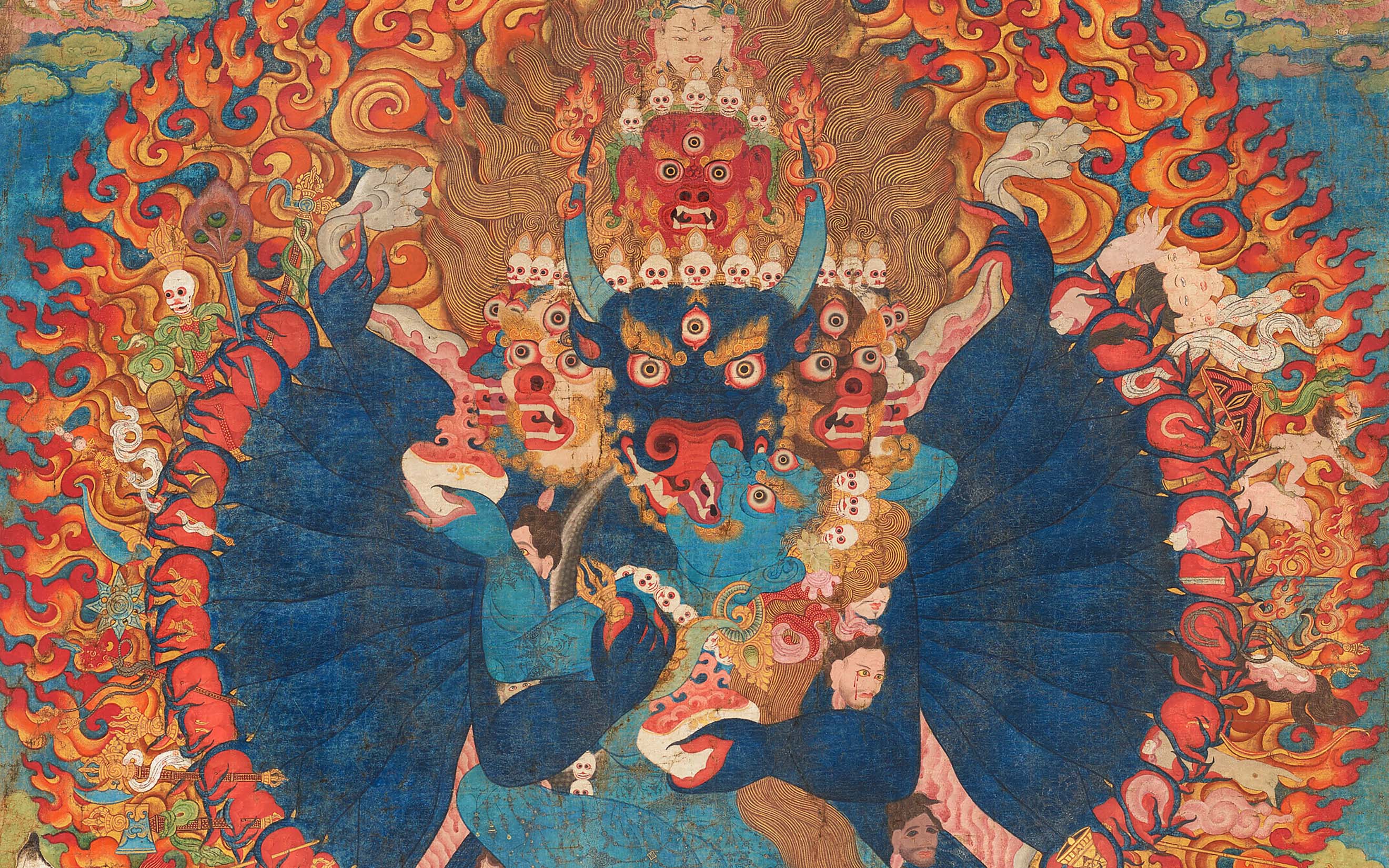Yin (音, “music”) is a weekly RADII feature that looks at Chinese songs spanning hip hop to folk to modern experimental, and everything in between. Drop us a line if you have a suggestion.
Shoutout to RADII reader (and sometime source) Alex Taggart for blessing us with this gem: a super-rare Rocksteady version of Shanghai-to-NYC crooner Stephen Cheng’s version of a classic Taiwanese folk song, “阿里山的姑娘” (“Girl from Alishan”):
Lots of hybrid cultural flows going on with this one. Cheng’s career is defined by a lifelong pursuit of blending Eastern and Western vocal styles. From his New York Times obituary:
He was an acclaimed international singer, actor, composer, and creator of the Tao of Voice, an East-West approach to singing. He devoted his life to the performing arts, appearing in concerts worldwide as well as numerous appearances in theater, film, and commercials. His legacy includes his book, The Tao of Voice, translated in many languages as well as his record, The Flower Drum & Other Chinese Folk Songs.
Rocksteady is also a cross-cultural amalgamation, emerging in the mid-’60s to mix Jamaican ska with older American genres like jazz and R’n’B. A digital crate digger at music blog The Hum explains:
Rocksteady itself is hybrid form of earlier Jamaican musics, with American R&B and Soul. Stephen Cheng’s Always Together is another thing. Made sometime in the mid to late 60’s for the Chinese immigrant population in Kingston, it’s unlike anything I’ve ever heard. Rocksteady with Chinese vocals and phrasing. It’s killer.
Agreed! (The story of the influence of Chinese immigrants to Kingston on the early reggae scene is a fascinating one, but maybe best saved for another day.)
Back to this single — the original 45 is exceedingly rare, but it received a Japanese repress a few years back, which is how it got onto YouTube and came to the attention of Stephen Cheng’s son, Pascal, who comments on the video embedded above:
Hi, I am Stephen Cheng’s son and until recently, had no idea that he had recorded this song. I accidentally discovered it on YouTube. I am pretty sure that he was not aware of its popularity as a rocksteady classic. I am now trying to research how this recording session came to pass. How did you find out about this song?
That comment was posted earlier this year, and a helpful YouTube commenter chimed in five days ago with this response:
This may be a collectors original press. The dub store in Japan reissued it. I looked it up and the producer is Byron Lee. Byron Lee. a Chinese Jamaican, that had a house band called the Dragonnaires. At some point your dad recorded for Byron Lee, my guess was 1967. Byron Lee produced many many Jamaican records with a big market around the world. This is not a popular song although it deserves to be. It is obscure, I will see if I can find any more info out for you.
Fascinating stuff. If you want to dig deeper into the Chinese influence on Jamaican music, this hour-long Red Bull Music Academy lecture by Clive Chin — the legendary Kingston producer who worked with Peter Tosh, Lee Perry, and The Wailers — is a great place to start:
—
You might also like:
 B-Side China Podcast: City to Country with ChaCha and Kayla BriëtArticle Sep 01, 2018
B-Side China Podcast: City to Country with ChaCha and Kayla BriëtArticle Sep 01, 2018
 Video: Inside the Studio (and Instruments) of China’s Electronic Music PioneerArticle Jul 31, 2018
Video: Inside the Studio (and Instruments) of China’s Electronic Music PioneerArticle Jul 31, 2018
 Yin: 工工工, Bohan Phoenix & Simon Frank on Growing Up Between CulturesArticle Apr 27, 2018
Yin: 工工工, Bohan Phoenix & Simon Frank on Growing Up Between CulturesArticle Apr 27, 2018

















